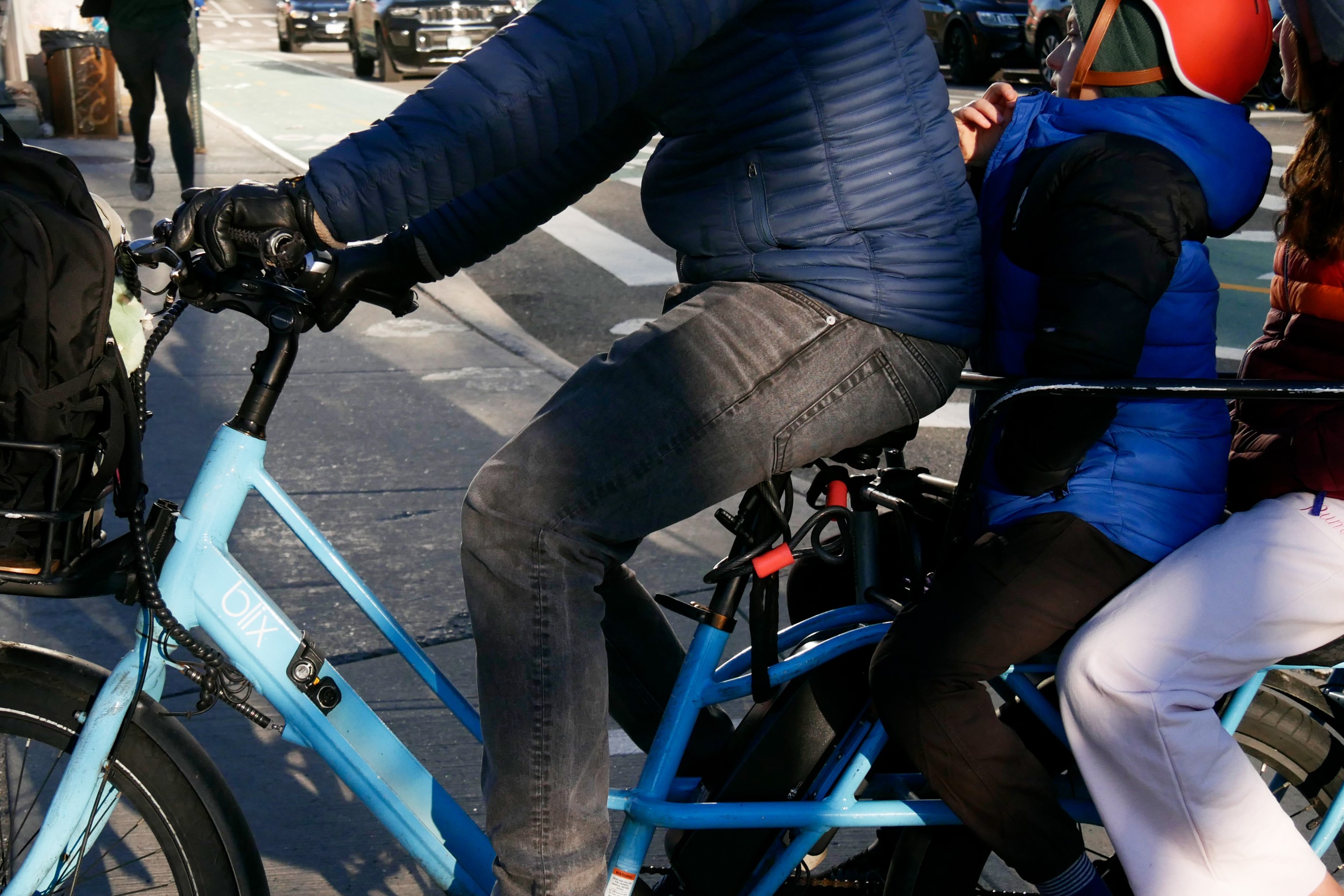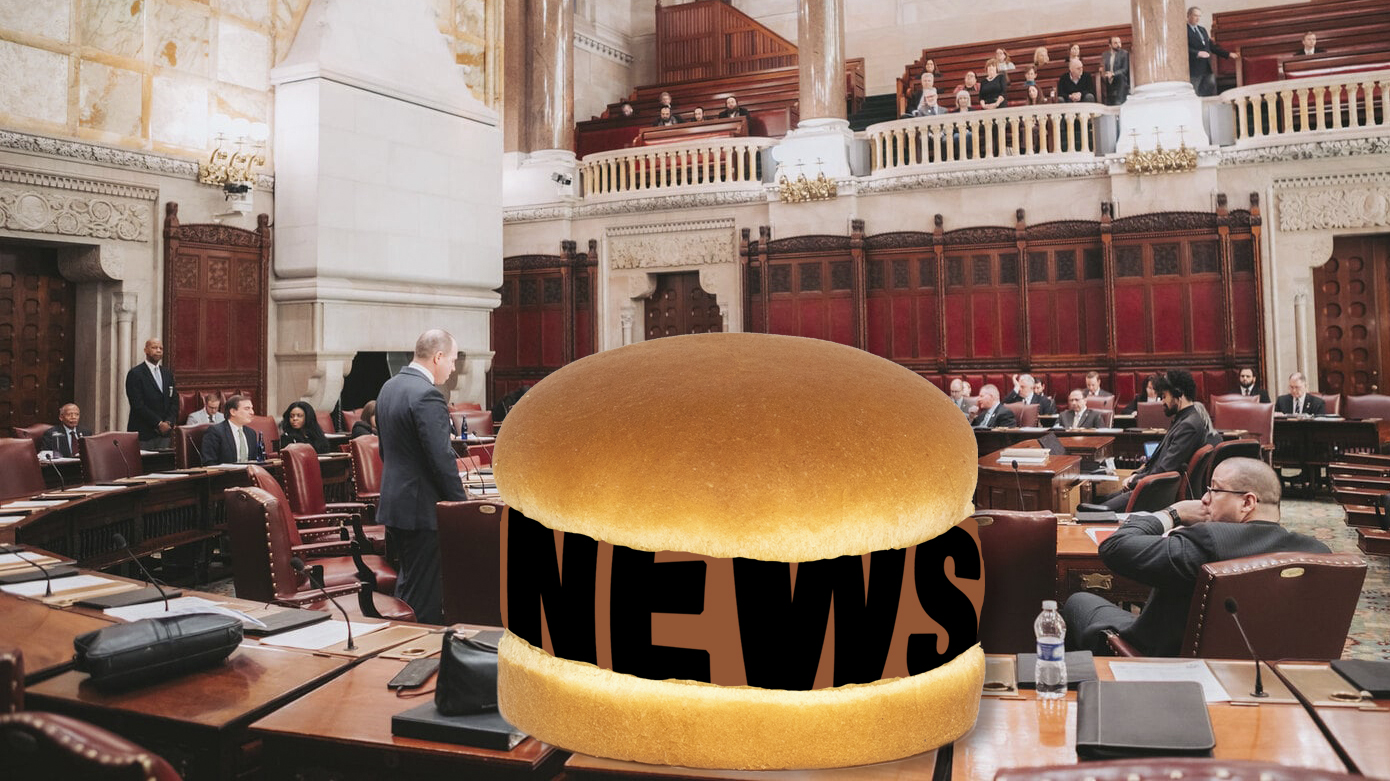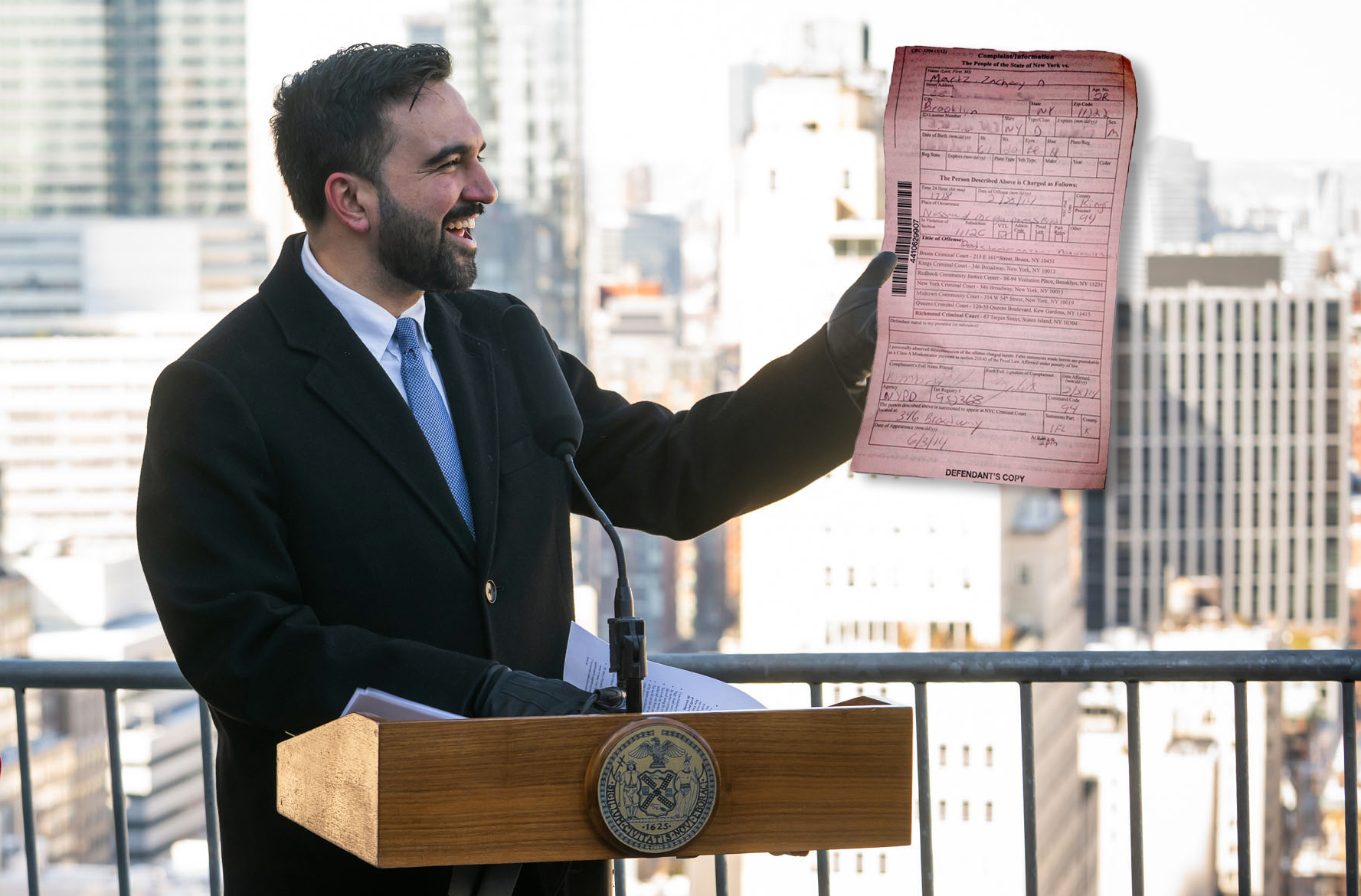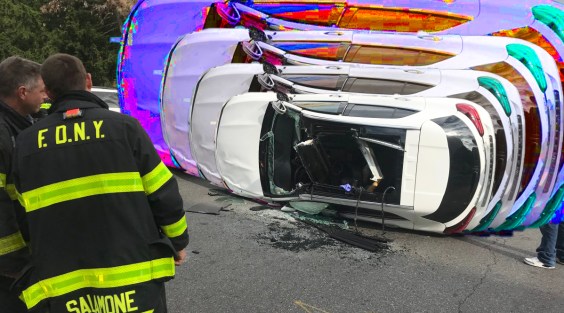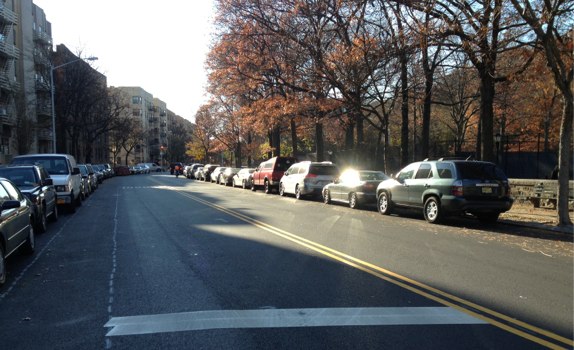
The asphalt is fresh, the yellow lines and crosswalks installed, but DOT won't be returning bike lanes to Seaman Avenue until next year, according to the office of local City Council Member Ydanis Rodriguez.
Seaman Avenue is the only designated north-south bike route between the Hudson River Greenway and the Bronx, and it's the trunk line for Inwoodites who live west of Broadway and commute downtown by bike. DOT resurfaced Seaman over the summer, and save for the bike lanes, other markings went down weeks ago.
When our queries to DOT yielded no answers, Streetsblog reached out to Rodriguez to ask if bike lanes would be restored before the year is out. We also wanted to know why DOT didn't repave the southernmost blocks of Seaman, near Riverside Drive and Dyckman Street, where the road surface remains in poor shape. Though DOT didn't address our questions, the agency did respond to Rodriguez's office.
"It seems that they will not be reinstalling the bike lanes until at least the spring," said Rodriguez spokesperson Lucas Acosta, via email. "It’s too cold for the thermoplastic markings and they also need to draw up some new street design plans." If thermoplast is not applied in the right conditions, the markings don't last and have to be restriped.
"Regarding the street resurfacing," wrote Acosta, "that section of Seaman Avenue was never part of their resurfacing plans."
Streetsblog asked DOT in October if protected bike lanes were considered for Seaman. DOT said no, because the street isn’t wide enough for separated bike lanes and two lanes of parking. If there are new "design plans" for Seaman Avenue, DOT didn't mention them.
As for resurfacing plans, a line item in a 2013 DOT proposal for Upper Manhattan bike projects (on page three of this PDF) seems to indicate Seaman would be rehabbed from end to end. It reads: "Seaman Ave between Riverside Ave [sic] and 218th St (refurbishment)." This doesn't match the work DOT did this year, or the claim that the agency always intended to leave a segment of Seaman as is -- patched and pockmarked with little in the way of discernible bike lane markings. For that matter, why would DOT have chosen to leave that part of the street in such degraded condition?
Last week Transportation Commissioner Polly Trottenberg announced a departmental initiative to improve safety for cyclists on Harlem River bridges. It's important to have improvements in the pipeline, but DOT has to pay attention to the basics too, or else the new upgrades will connect to an existing network that's in poor shape.


